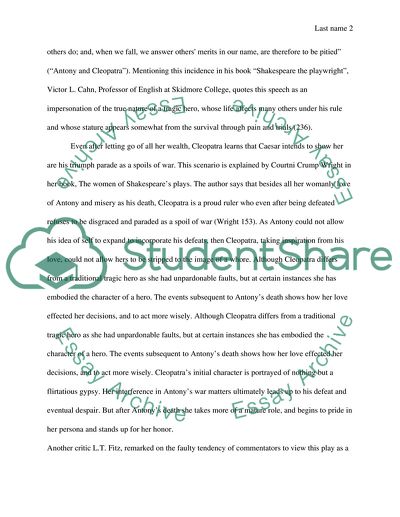Cite this document
(“The Symbolic Significance of a Tragic Hero Essay”, n.d.)
The Symbolic Significance of a Tragic Hero Essay. Retrieved from https://studentshare.org/literature/1574188-english-literature-as-level-courework-essay
The Symbolic Significance of a Tragic Hero Essay. Retrieved from https://studentshare.org/literature/1574188-english-literature-as-level-courework-essay
(The Symbolic Significance of a Tragic Hero Essay)
The Symbolic Significance of a Tragic Hero Essay. https://studentshare.org/literature/1574188-english-literature-as-level-courework-essay.
The Symbolic Significance of a Tragic Hero Essay. https://studentshare.org/literature/1574188-english-literature-as-level-courework-essay.
“The Symbolic Significance of a Tragic Hero Essay”, n.d. https://studentshare.org/literature/1574188-english-literature-as-level-courework-essay.


